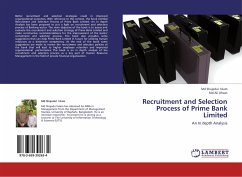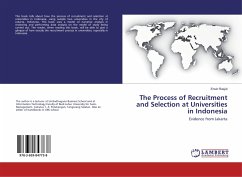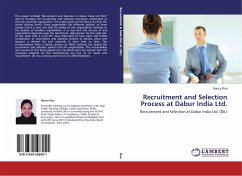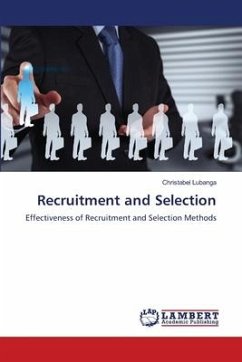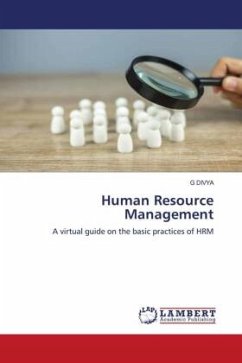
Police Recruitment and Selection Techniques
Versandkostenfrei!
Versandfertig in 6-10 Tagen
47,99 €
inkl. MwSt.

PAYBACK Punkte
24 °P sammeln!
Recent trends in management and administration tend to put an emphasis on human capital, recognizing that employees are an agency's most important organizational asset. It is workers who define the organization's character, affect its performance, and represent its knowledge base. The professionalization of police service requires competent and qualified employees as well. Law enforcement officers routinely exercise a great deal of power, have substantial discretion in the application of the law to specific offenders, experience situations that include exposure to potential for inappropriate p...
Recent trends in management and administration tend to put an emphasis on human capital, recognizing that employees are an agency's most important organizational asset. It is workers who define the organization's character, affect its performance, and represent its knowledge base. The professionalization of police service requires competent and qualified employees as well. Law enforcement officers routinely exercise a great deal of power, have substantial discretion in the application of the law to specific offenders, experience situations that include exposure to potential for inappropriate personal enrichment, and generally receive marginal salaries. This need requires and justifies resorting to some selection measures. Along with abovementioned reasons, police officers need to have diverse abilities and in a law enforcement setting, techniques used for selection must address this diversity. This study deals with the need for a competent workforce for police departments and examine various types of selection measures used in police recruitment. Using LEMAS, UCR and Census data, the study analyzes the variables affecting selection decisions of police departments in the US.



